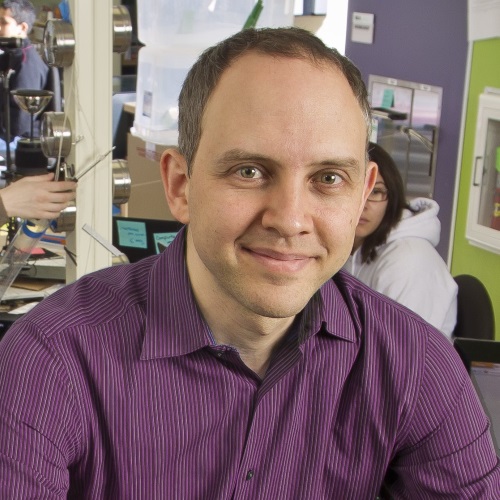In 2000, when Paulo Blikstein was a student of Prof. Neil Gershenfeld’s at the Massachusetts Institute of Technology (MIT), he attended a very popular course, “How to make (almost) anything.” Gershenfeld intended to give students the opportunity to learn different types of digital fabrication equipment. The course’s success encouraged Gershenfeld to create the first FabLab, which provided access to digital equipment to a greater number of students, and became the first in an ever-growing network of FabLabs spread all over the world.
Since 2004, as part of his doctoral work, Blikstein started to use digital fabrication for educational design. In 2008, upon moving to Stanford as a faculty member, Blikstein created the first-ever fab lab at a school of education. In 2010, he started the FabLearn Labs project (formerly known as the FabLab@School project) – an affordable digital fabrication workshop in schools, a permanent place for invention and creation, where tools for the physical creation of objects (the atoms) are available alongside digital programming tools (the bits). The first fablab@school was installed in Moscow in 2011 and the first in the United States was inaugurated in 2012 at the Castilleja School in Palo Alto.
Within the scope of the project, Blikstein’s lab has developed inexpensive tools, curricula, and projects, as well as a comprehensive professional development program for teachers. There are FabLearn Labs schools installations currently in Denmark, Australia, Russia, Mexico, Spain, United States. Further labs are planned in Brazil, Poland and Finland.
